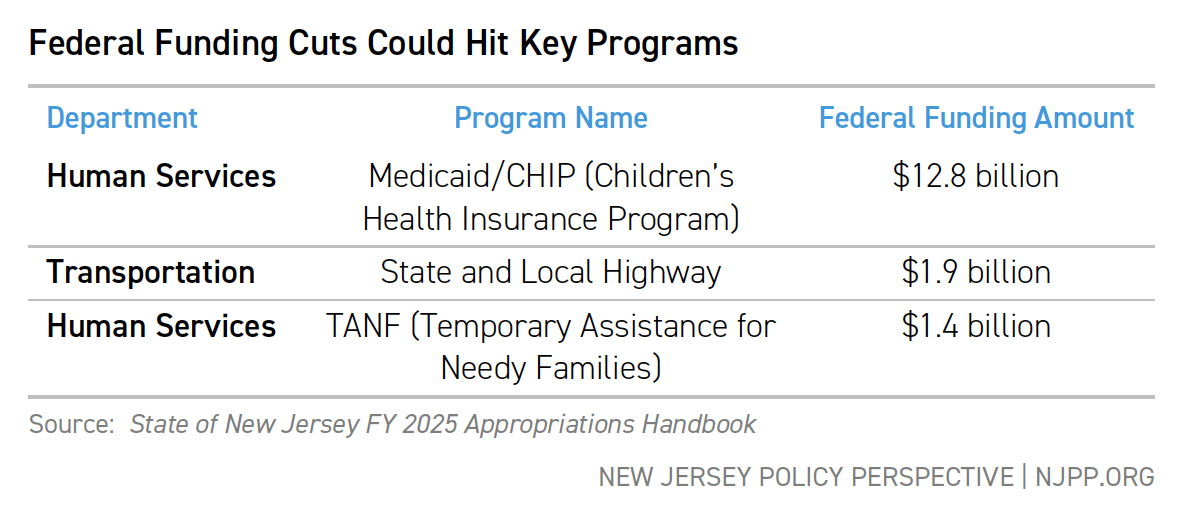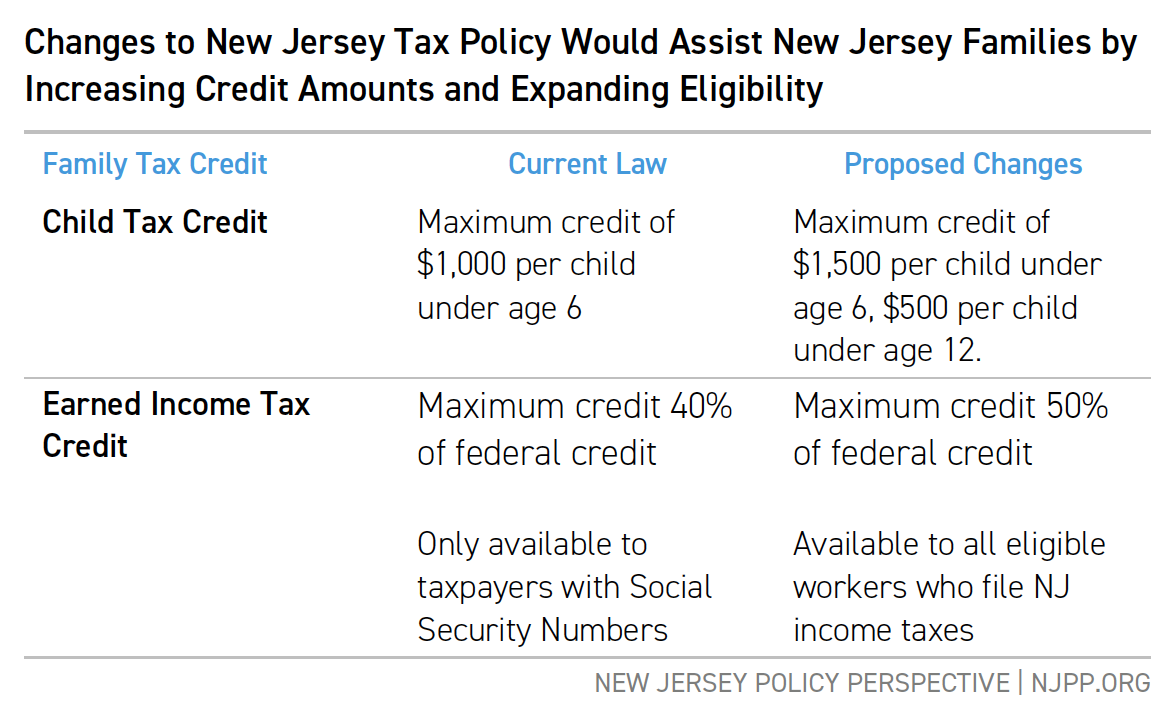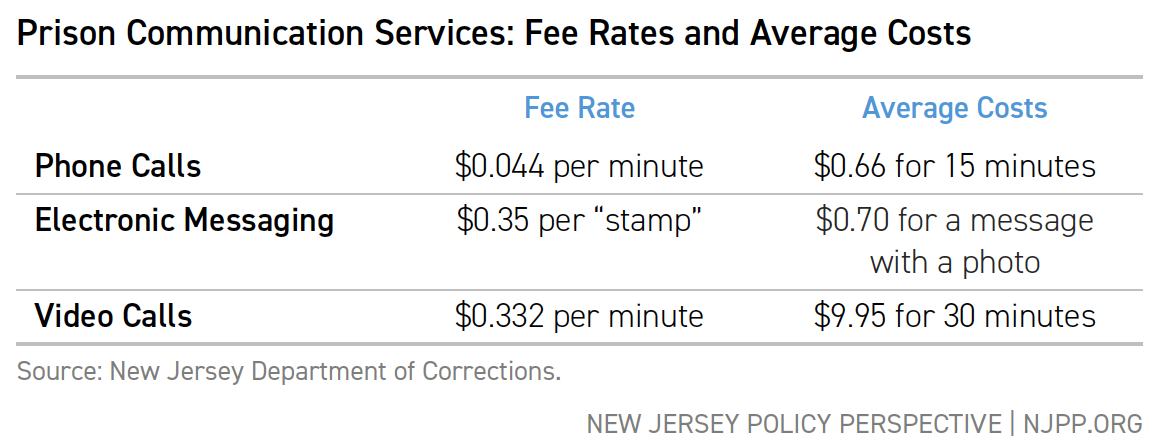With double-digit energy cost increases expected to hit electric bills this summer, utility affordability is front of mind for many New Jersey families and lawmakers. For hundreds of thousands of New Jerseyans, a federal program called the Low Income Home Energy Assistance Program (LIHEAP) has helped reduce energy costs by hundreds of dollars each year, especially for those who spend a high percentage of their income on utilities.
Now, LIHEAP faces multiple threats. On April 1, the Trump administration laid off all federal Department of Health and Human Services staff administering the program, leaving billions in funds unable to be sent to states. A leaked draft budget for the department proposes eliminating the entire program’s funding.
Here is what’s at stake for New Jersey. LIHEAP helps over 240,000 households pay their energy bills, including:
- 56,000 households with a person with a disability
- 114,000 households with a senior member
- 36,000 households with a child under age 6
For perspective, this is approximately the same number of households as all of Ocean County (241,000 households).
LIHEAP distributes $212 million to help New Jersey families with their energy bills and to buy more energy-efficient heaters or air conditioners to save them money.
Federal LIHEAP funds go to the New Jersey Department of Community Affairs, which works with local community groups to help eligible people apply for the program. But this process relies on payment processing and reimbursement from the federal government, which staff reductions would threaten.
At a time when utility bills are already rising and the weather in New Jersey is getting more extreme due to climate change, now is the time to protect and expand LIHEAP to get it in the hands of even more eligible families, not cut funding at the federal level and make energy less affordable.




